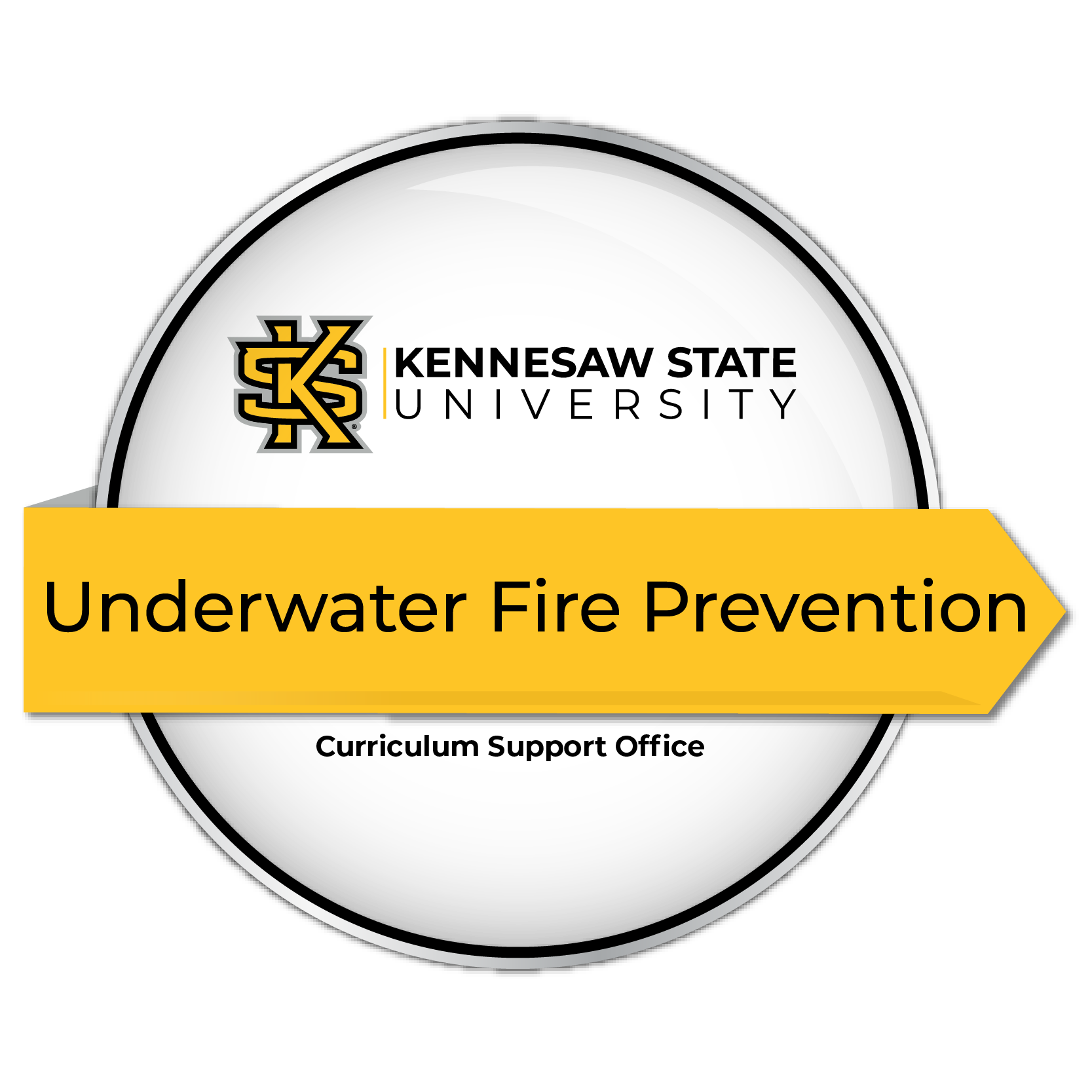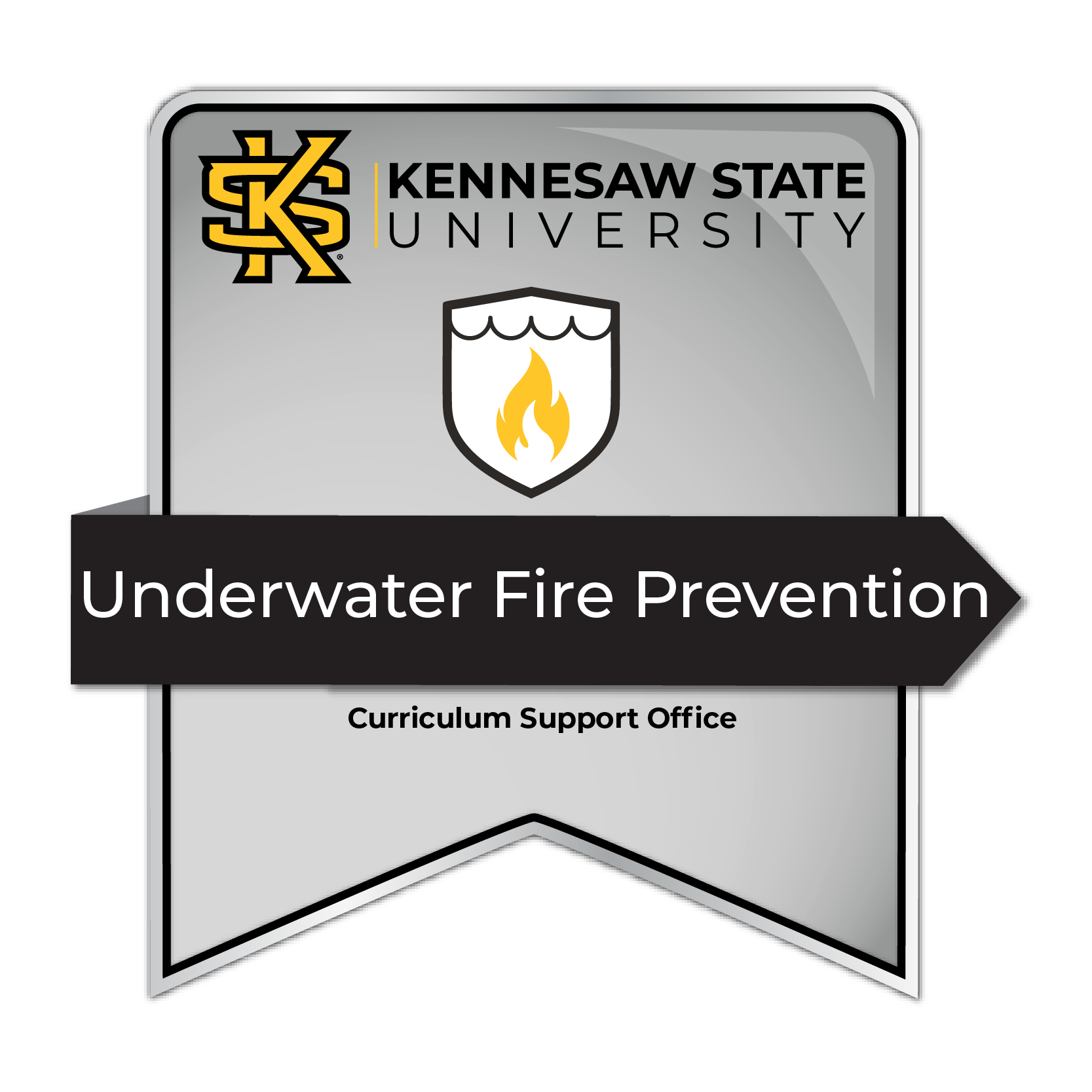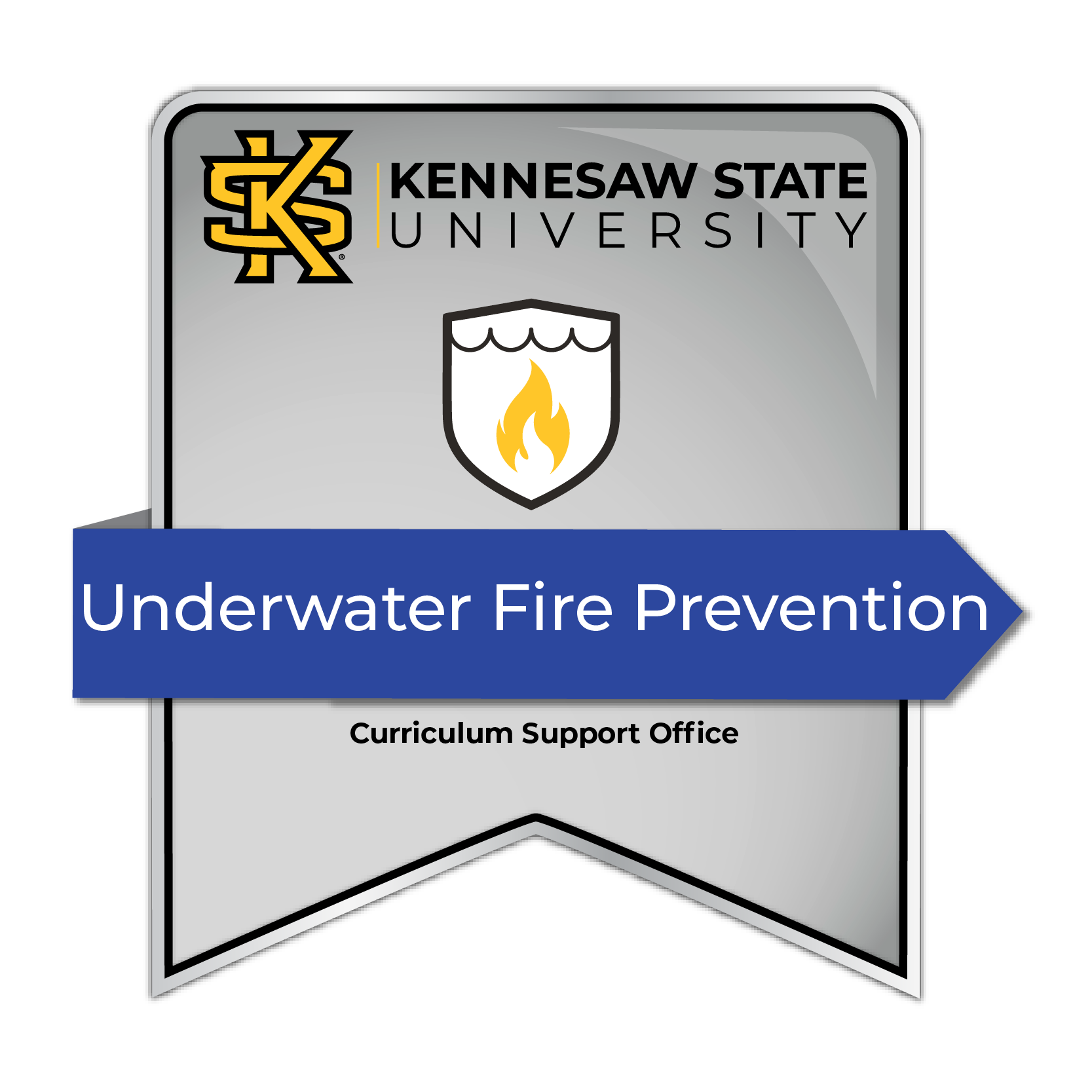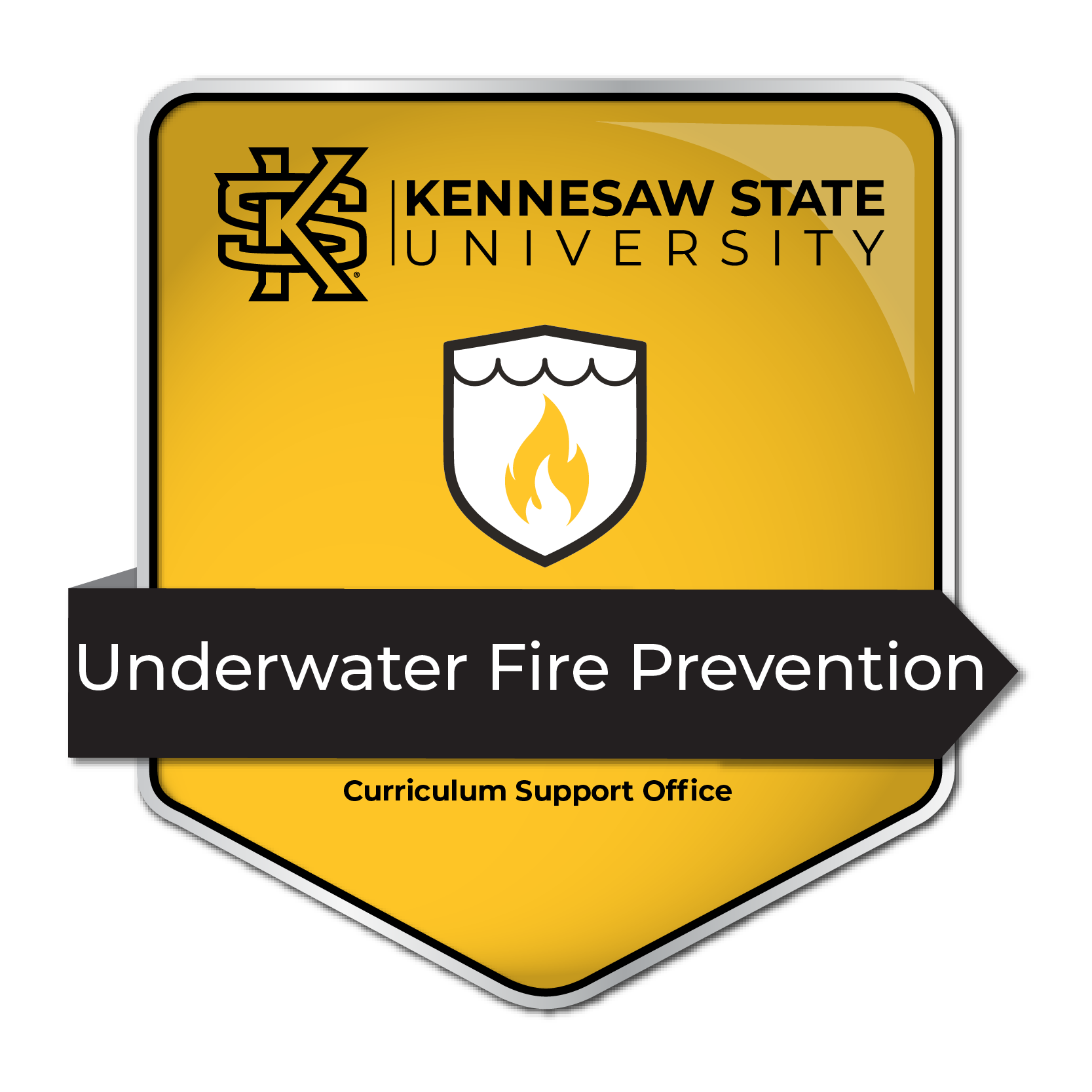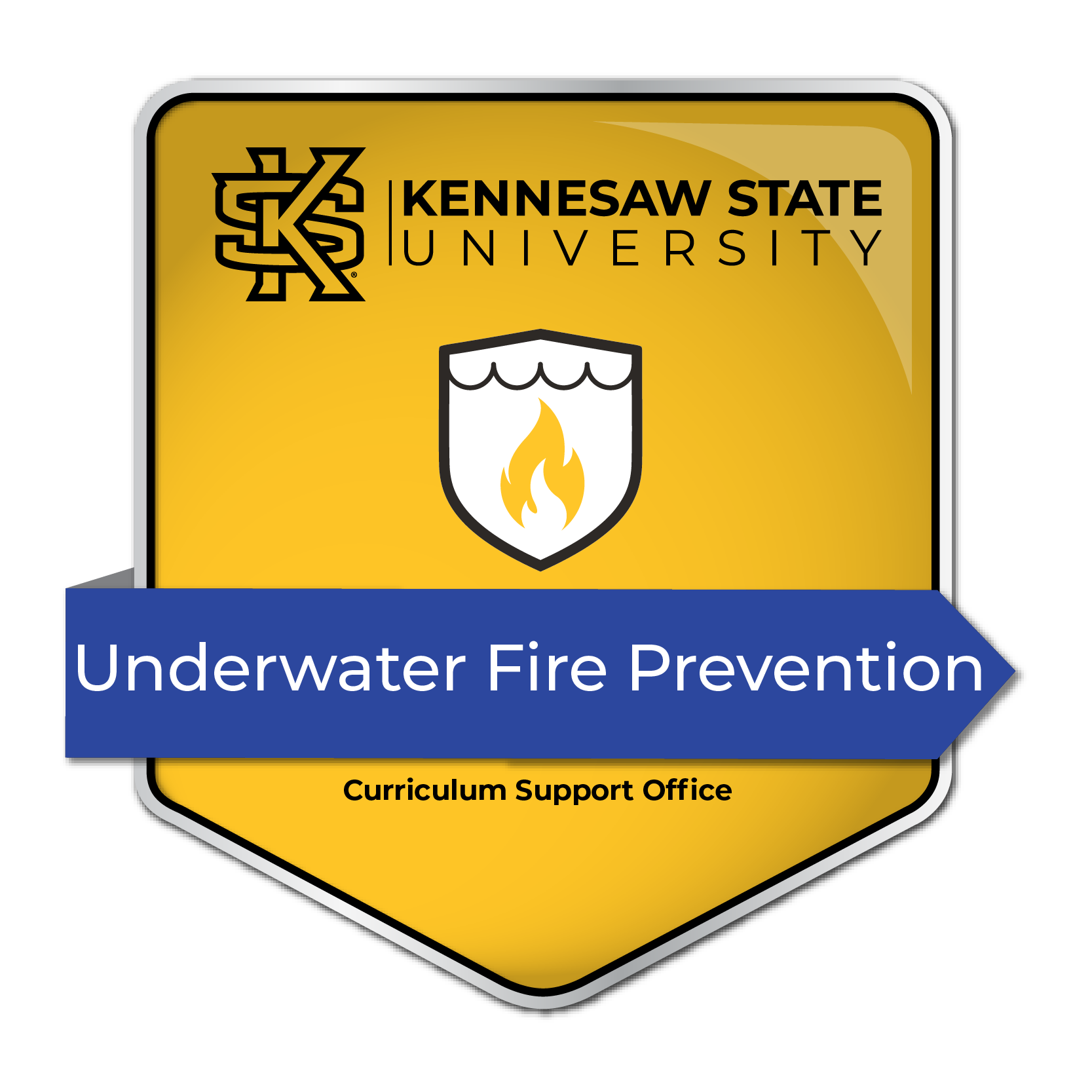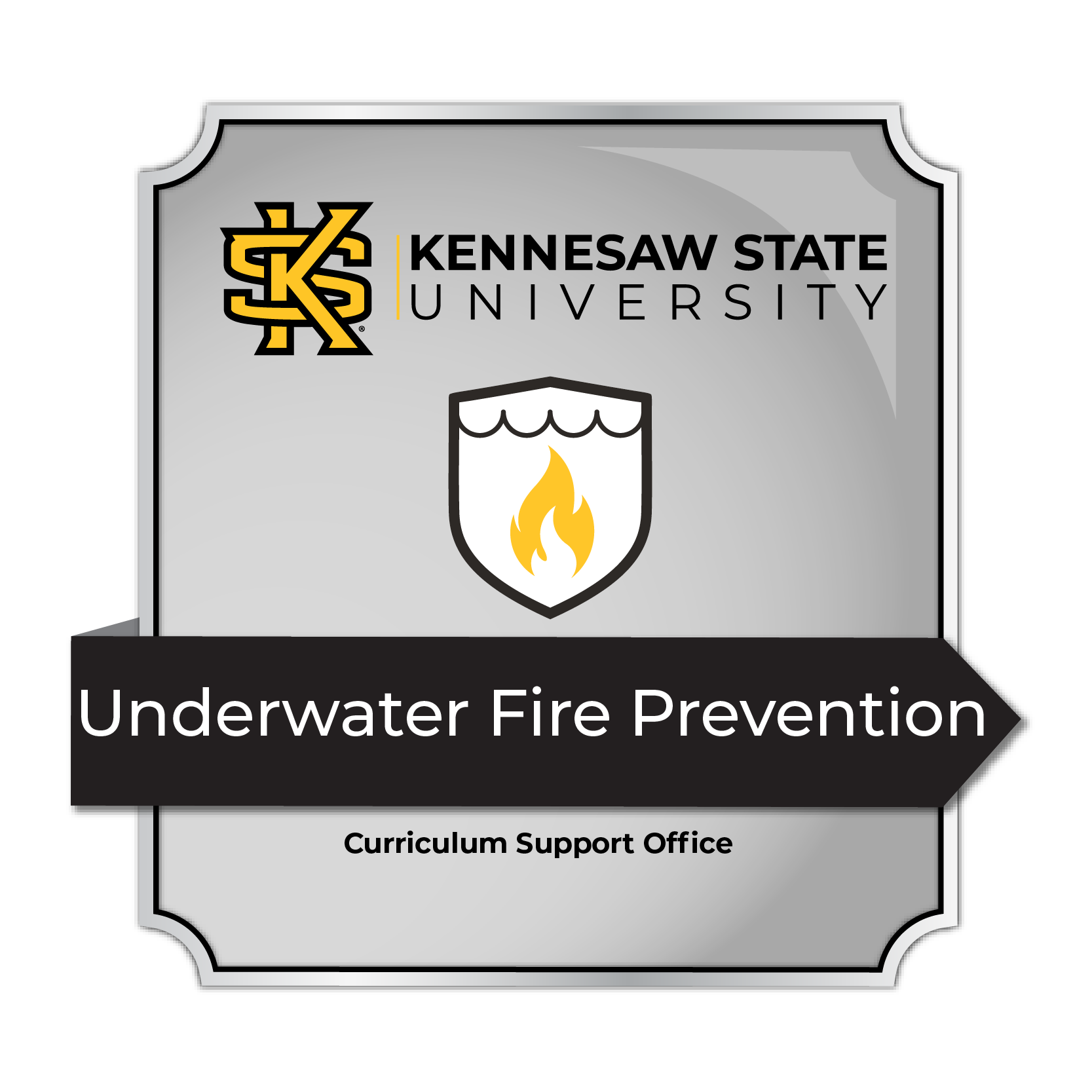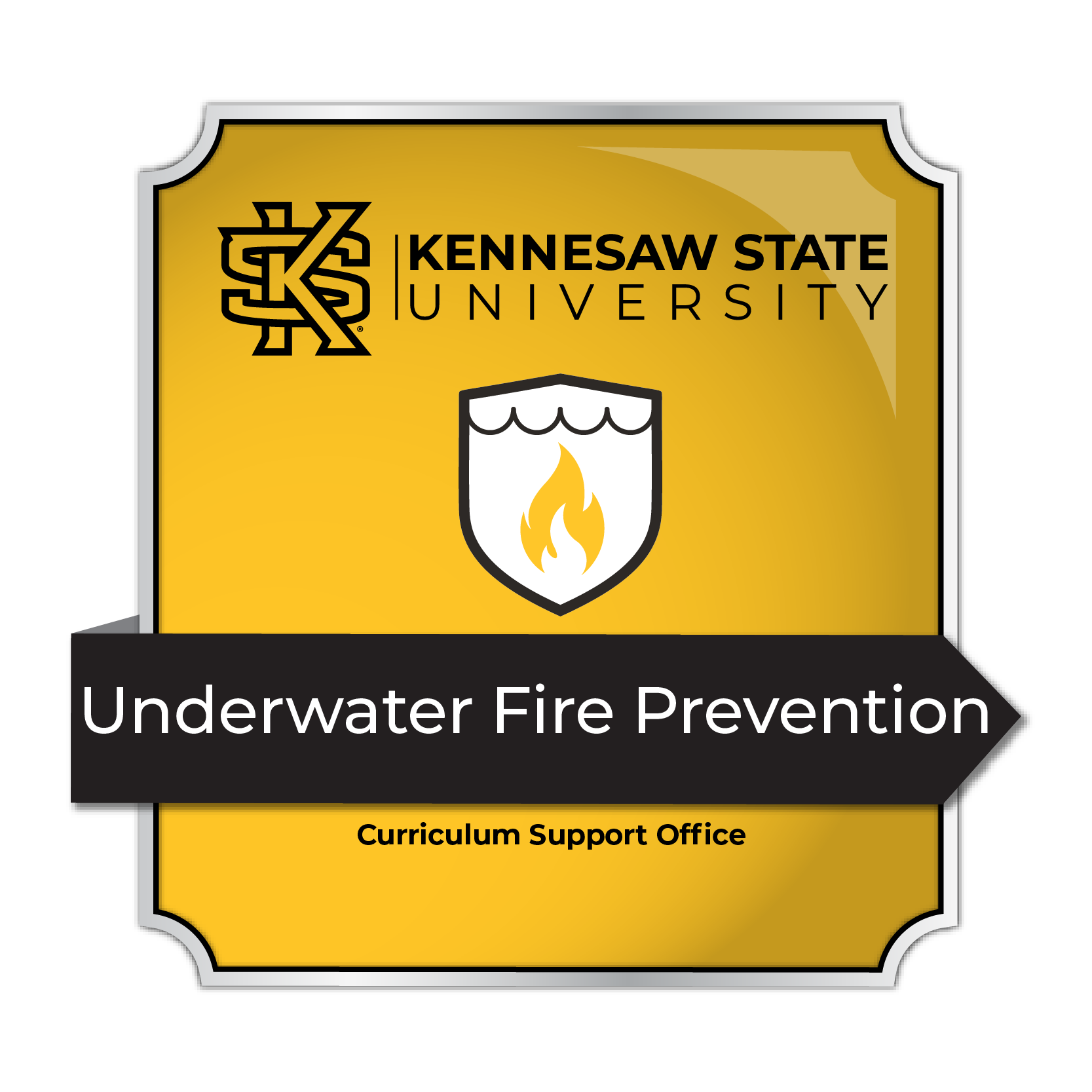|
KSU leads nation in micro-credentials. Here’s how it’s changing LinkedIn profiles in your network.
Kennesaw State nationally recognized for micro-credential initiative
Lessons Learned From Launching a Micro-Credential Program
Publications & Presentations
Doehling, A. A., Head, M., & Lokey-Vega, A. (2025). An illustrative framework for
microcredentials in STEM: The Kennesaw State University Model. In R. Moore, & K. Crippen
(Eds.), Mapping the landscape of STEM microcredentials: Frameworks, applications, and future
directions (pre-print).
Head, M., Lokey-Vega, A., & Doehling, A. A. (2025). Advancnig microcredentials through
higher education-external partnerships - A vision for the future. In R. Moore, & K.
Crippen (Eds.), Mapping the landscape of STEM microcredentials: Frameworks, applications, and future
directions (pre-print).
Geisel, N., & Doehling, A. A. (Hosts). (2025, February 25). Credential chat with Ashley
Archer Doehling [Video podcast episode]. In AACRAO Credential Chats. https://www.youtube.com/watch?v=4jFEZnNTFpk
Lokey-Vega, A., Callahan, B. E., Doehling, A. A., & Head, M. (2024). Lessons learned
in establishing an institutional micro-credential initiative. Journal of Applied Research in Higher Education, ahead-of-print. https://doi.org/10.1108/JARHE-12-2023-0590
Callahan, B., Doehling, A. A., Head, M. & Lokey-Vega, A., (2023, November). Three
things you must do to make your microcredentials program a success. Session presented
at the Convergence Conference of UPCEA and AACRAO, Washington, D.C.
Vega, A., Callahan, B., & Doehling, A. A. (2023, June). A governance model for micro-credentialing in higher education. Session presented at the 1EdTech Learning Impact Conference, Anaheim, CA.
Callahan, B., Doehling, A. A., & Lokey-Vega, A., (2023, March). Micro-credentials at Kennesaw State University. Session presented at the Modern Campus Fuel the Future Conference, virtual.
|







